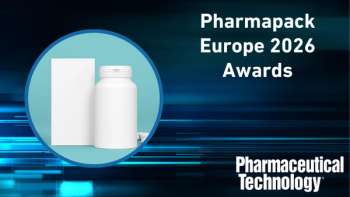
At the Pharmapack Europe 2026 awards ceremony, Pharmapack announced it is expanding the event to Singapore in November 2026. This year’s award winners were also announced.

At the Pharmapack Europe 2026 awards ceremony, Pharmapack announced it is expanding the event to Singapore in November 2026. This year’s award winners were also announced.
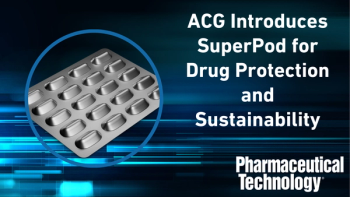
ACG’s new SuperPod reduces blister size and boosts efficiency and sustainability for moisture-sensitive drug products.

PharmTech spoke with Dexter Tjoa, CEO of Tjoapack, about how outside pressures are influencing supply chain and packaging decisions.

The three firms offer a pre-verified platform for large-volume subcutaneous delivery of biologics to enable home self-administration.

The half-day workshop will explore regulatory compliance and environmental sustainability.

PharmTech spoke with Dexter Tjoa, CEO of Tjoapack, about the past year and which trends might influence 2026 packaging decisions.

West has launched Synchrony S1, a prefillable syringe system to simplify biologic delivery and combination product needs.

The company will be highlighting its PharmaGuard recyclable blister solution, MedGuard line, and MedHub procurement service.

AI and machine learning may be the ideal tools to evaluate patient data and predict ideal treatment options.

The CRDMO’s new facility will double chemistry capacity for drug discovery research and scale-up projects.
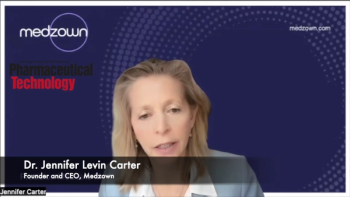
Dr. Jennifer Levin Carter, founder and CEO of Medzown, discusses what makes precision medicine different from personalized medicine and what how challenges faced in this evolving field can be overcome.
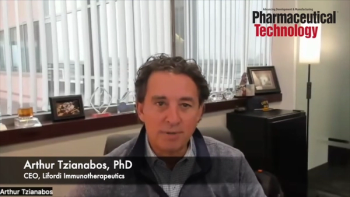
Arthur Tzianabos, CEO, Lifordi Immunotherapeutics, spoke with PharmTech about the company’s immune-directed antibody-drug conjugate (ADC) strategy, the benefits of VISTA-targeted ADCs in drug delivery, and Lifordi’s plans at the JP Morgan Healthcare Conference.
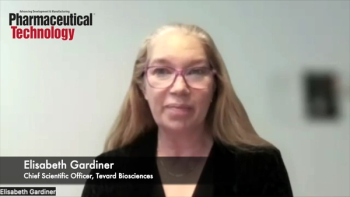
Elisabeth Gardiner, CSO of Tevard Biosciences, discusses how transfer RNA is impacting the development of gene therapies for diseases with unmet needs.

The company’s new AI agent automates labor-intensive processes involved in trial document management.

A new facility in Tennessee will boost high-speed pharma packaging capacity and strengthen US supply chain support.

The new Tethered Cap, which will be showcased at 2026 Pharmapack Europe, addresses the demand for sustainability with a TE safety ring that remains attached to the cap.
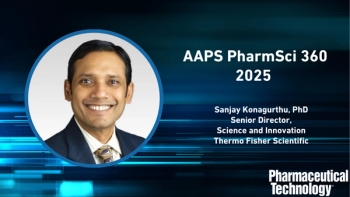
The conclusion of this interview with Sanjay Konagurthu focuses on simulations and calculations that go beyond simple screening.

Sanjay Konagurthu of Thermo Fisher Scientific discusses how AI and ML can help solve the dilemma of poor solubility.
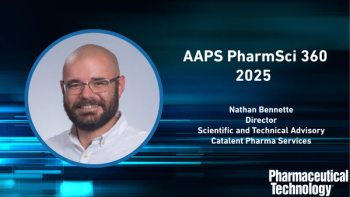
Mechanistic models and hypothesis-driven strategies generate optimized efficient solutions for drug development, says Catalent’s Nathan Bennette at AAPS PharmSci 360.

Corey Bloom of Lonza outlines major points from his AAPS presentation, from drug delivery technology selection to the importance of CDMO partnerships.
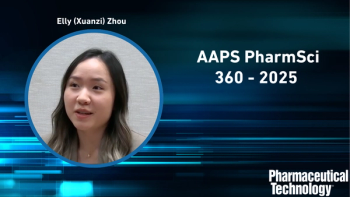
At AAPS PharmSci 360 2025, Elly Zhou says digital twins helped forecast the effects of drugs on human drugs via a digital control arm.

At AAPS PharmSci 360, Xialing Li, PhD, says 3D-printed budesonide tablets achieve precise, delayed delivery to the ileum for IgA nephropathy, lowering in vivo variability.

At AAPS PharmSci 360, Xuanzi Zhou says digital twins accurately predict ex vivo lung function, revealing therapeutic effects missed by conventional preclinical drug testing.
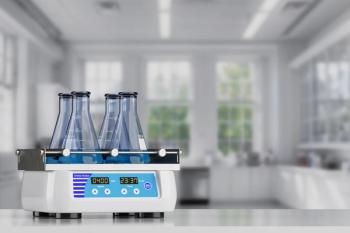
Siddhant Sojitra, Alexion, defines in an AAPS PharmSci 360 2025 presentation an agitation model to reliably test stability for early-stage biologics.

In a poster presentation at AAPS PharmSci 360, Eda Fenercioglu, a scientist at Pfizer, outlines a streamline workflow for identifying and mitigating visible particles in biologic drugs.
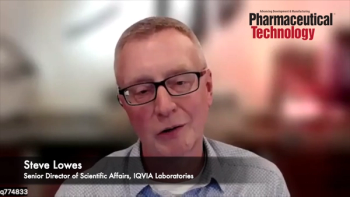
Pharmaceutical Technology® spoke with Steve Lowes, senior director of Scientific Affairs at IQVIA Laboratories, ahead of AAPS PharmSci 360 to discuss some of the unique instruments used to conduct bioanalysis.

Pharmaceutical Technology® spoke with Steve Lowes, senior director of Scientific Affairs at IQVIA Laboratories, ahead of AAPS PharmSci 360 to discuss method validation of biomarker bioanalysis.

In a poster presentation at AAPS PharmSci 360, by Dineli Ranathunga, PhD, indicates that AI/ML in-silico modeling can accelerate poorly soluble drug development.

PharmSci 360 will spotlight the economics behind AI, scale-up, and advanced modalities, addressing cost barriers that influence future drug manufacturing.

Pharmaceutical Technology® spoke with Dr. Mark Arnold, owner and principal, Bioanalytical Solution Integration, ahead of AAPS PharmSci 360 to find out how bioanalysis enhances bio/pharmaceutical drug development.